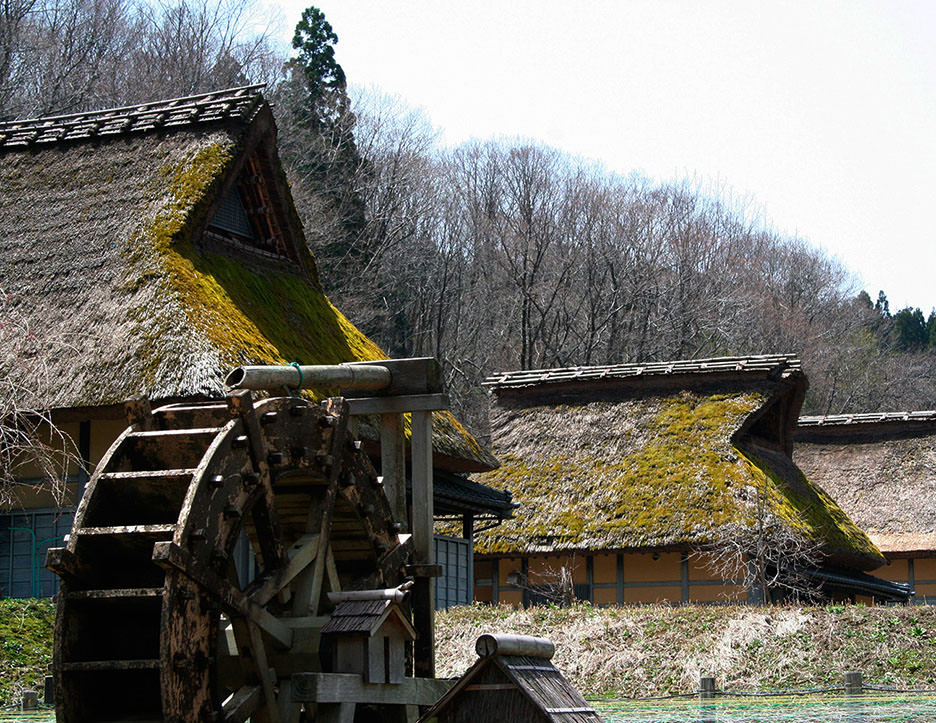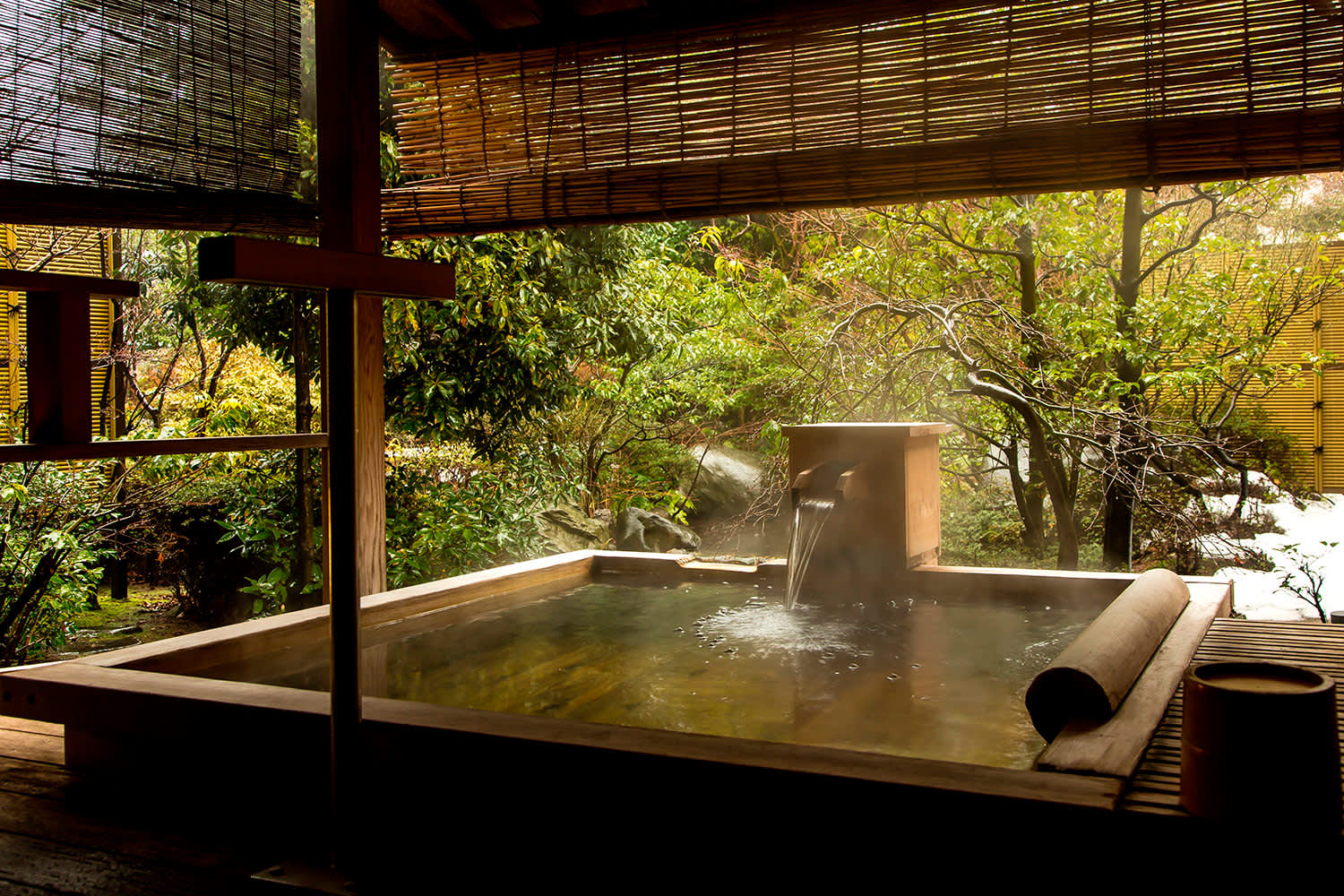
Why Fukui
Fukui is a hidden treasure, offering a glimpse into another side of Japan. Find natural beauty, incredible food, and old-fashioned lifestyles, all within a few hours of Japan’s biggest cities.
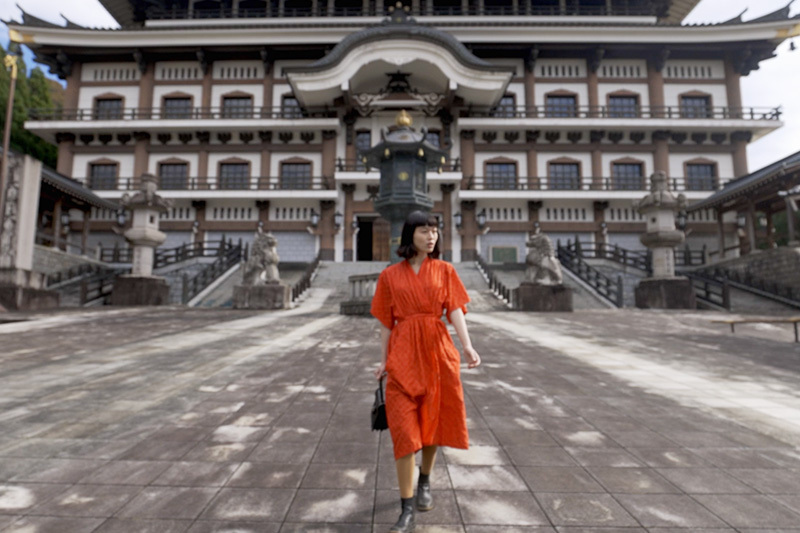

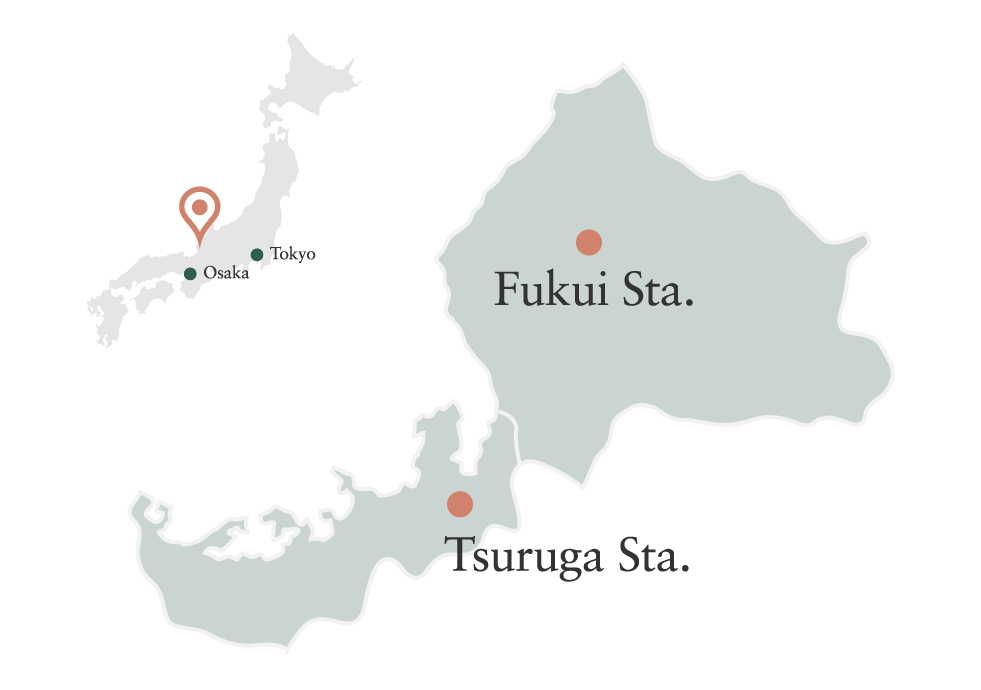
Fukui is located on the Sea of Japan coast, just north of Kyoto. Fukui City, the capital, offers convenient shopping and nightlife. The rest of the prefecture is divided into two main regions: Northern Fukui is known for Soto Zen Buddhism and artisanal crafts, while southern Fukui is famous for its excellent seafood.
A Local Heritage of Tradition
A Local Heritage of Tradition
Central Fukui has more artisans, in a smaller area, than virtually anywhere else in Japan. They draw on tradition for blades, lacquerware, and paper, innovating through collaboration. Visitors can learn about—or try making—these traditional crafts. Fukui is also home to a major Zen Buddhist temple, and even one of Japan’s largest Buddha statues.
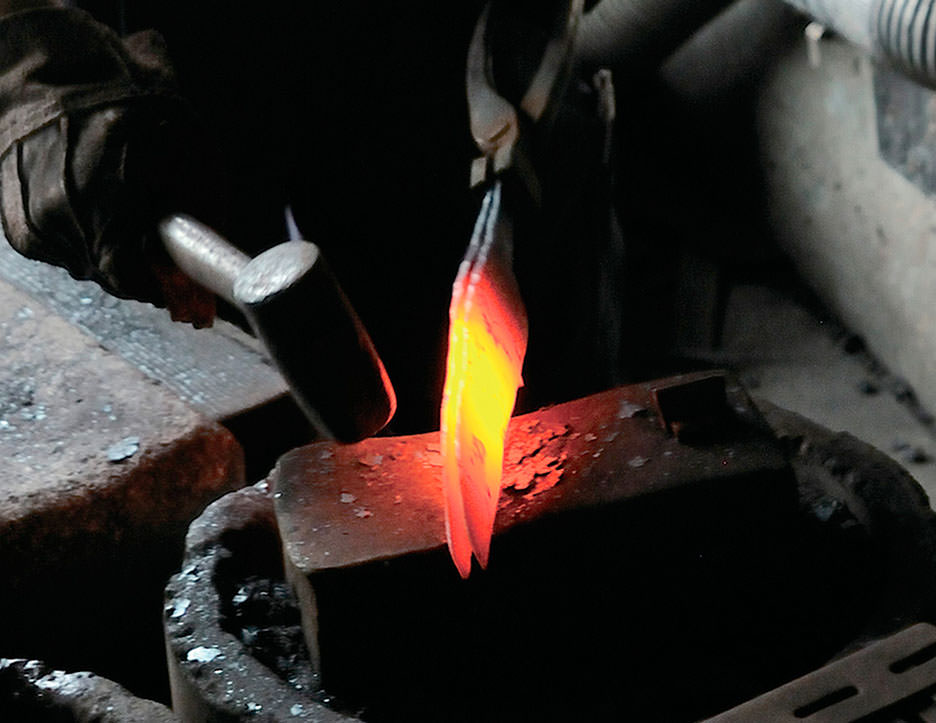
Surround Yourself with Nature
Southern Fukui is known for the natural beauty of its long coastline, with such scenic stretches as Sotomo, as well as the Five Lakes of Mikata. In northeast Fukui, Mt. Hakusan draws visitors for skiing and scenery, and the beautiful Lake Kuzuryu is surrounded by a dense mountain forest.
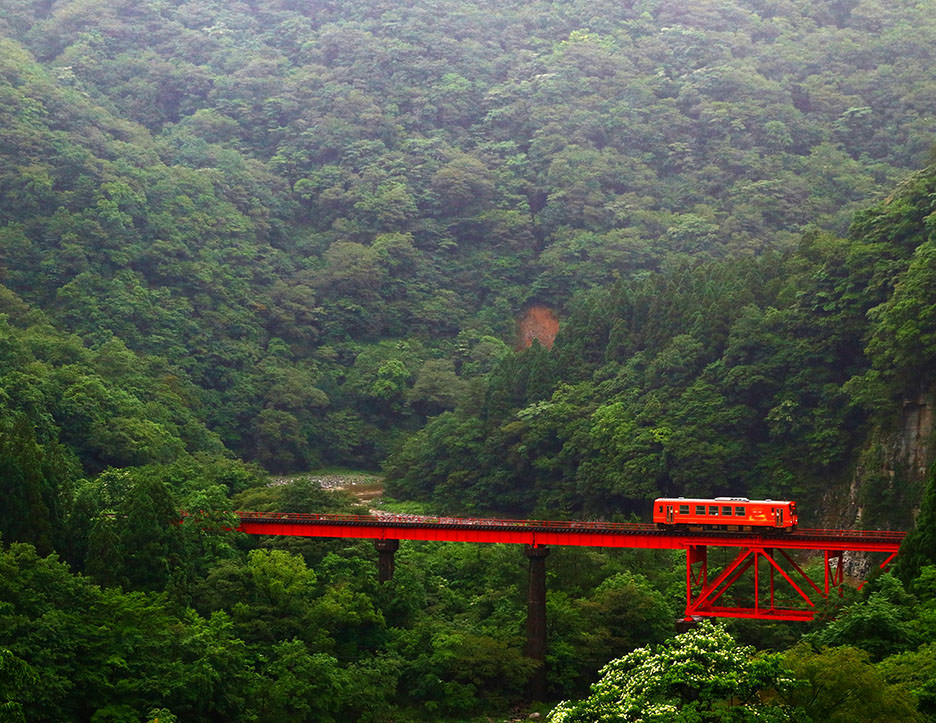
When to Visit
Every time of year brings its own seasonal beauty. The northern half of the prefecture in particular has wet winters with heavy snows. Spring is defined by cherry blossoms and other flowers blooming. Summers are hot and sunny, with warm evenings. Autumn is short but dramatic, with red maple leaves.
Transportation
Though much of Fukui is fairly spread out, most major destinations throughout the prefecture are accessible by trains and buses. Many places offer bicycle rentals (including e-bikes), especially near stations. Visitors with international driving permits can rent cars, which are particularly convenient for visiting remote spots.
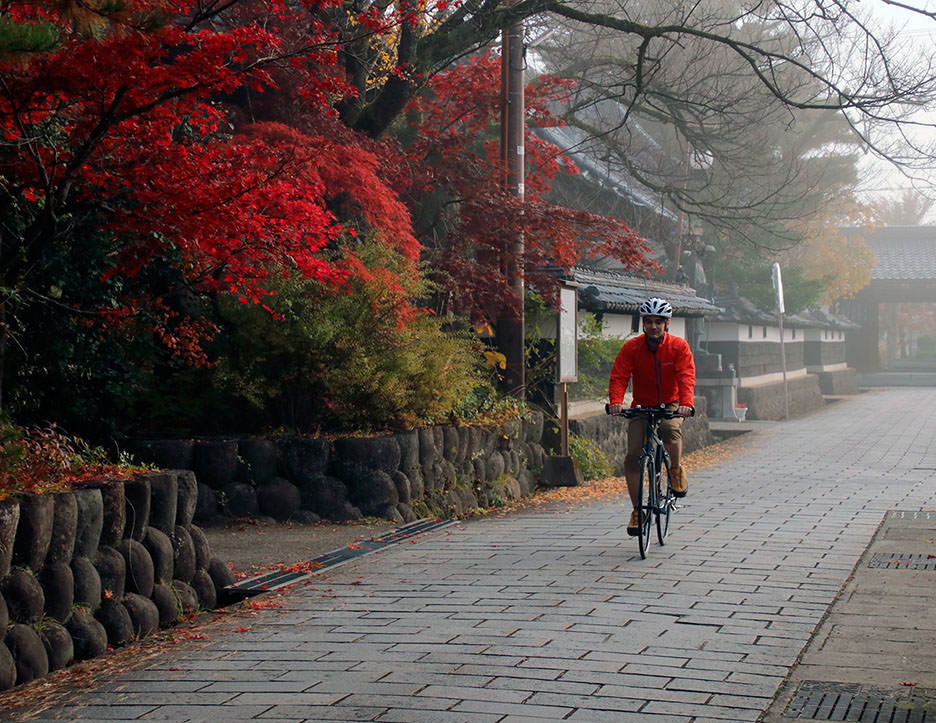
Accommodations
Fukui offers accommodations for a variety of budgets and travel styles, and most can be booked online. Major cities have Western-style hotels, particularly near their main train stations. More rural areas often have traditional Japanese-style ryokan inns, as well as guesthouses. There are other unique options in certain areas, too, including overnight temple stays.
